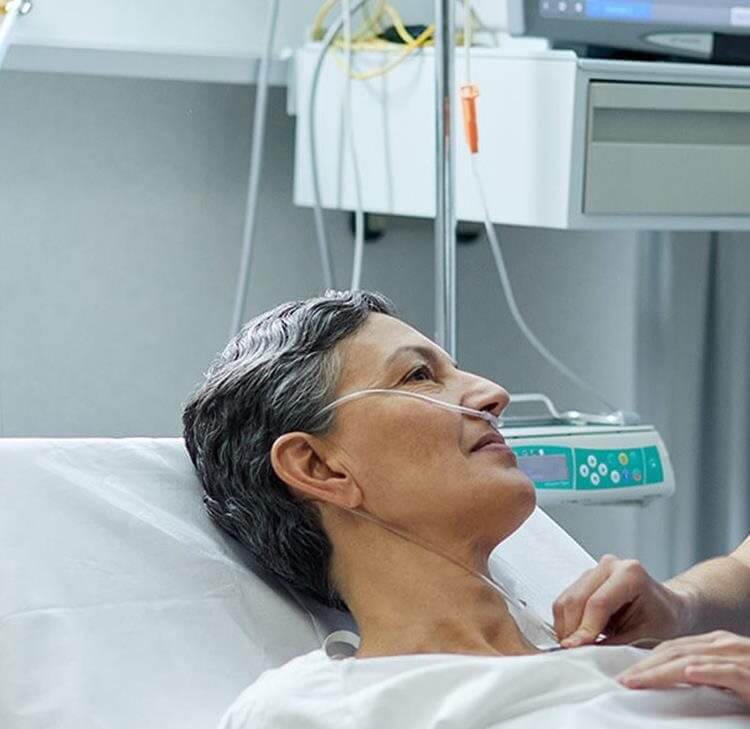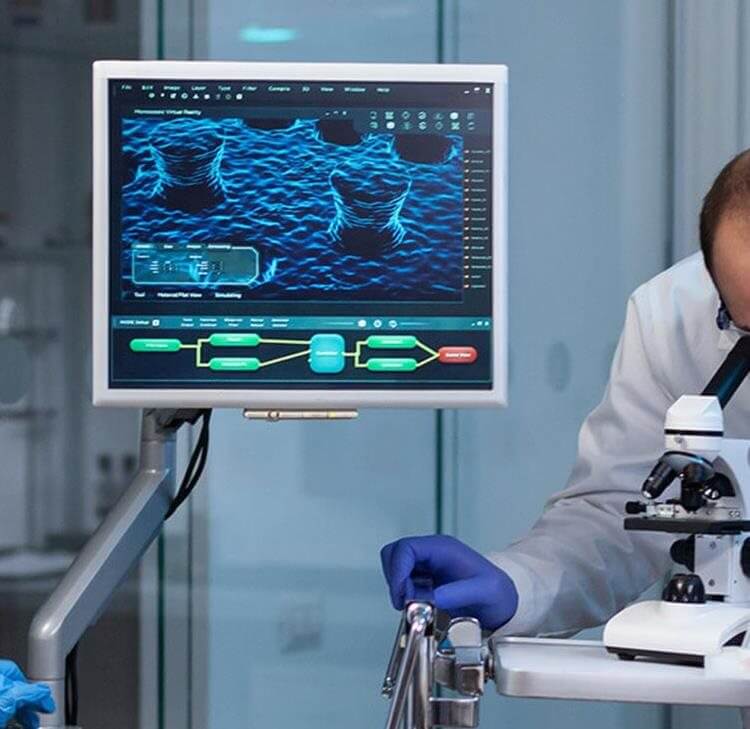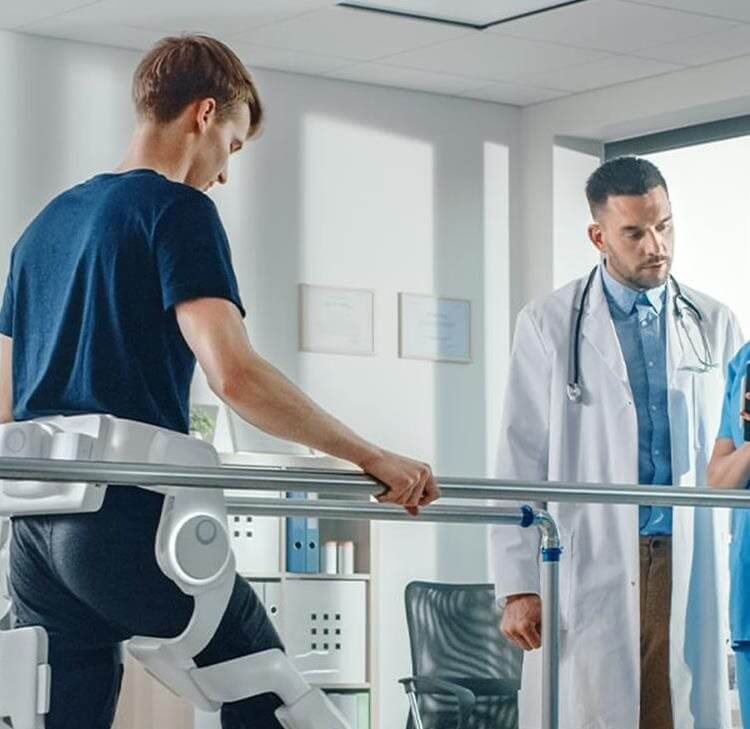Shared Insights: Supporting clinicians through investigations, complaints, claims and inquests
These insights were shared at our fortnightly online forum for NHS professionals on 8 September 2020. To find out more please visit our Shared Insights hub.
The second victim and supporting clinicians through investigations, complaints, claims and inquests.
Ed Pollard, a partner at Browne Jacobson specialising in healthcare, spoke with Miss Susie Hewitt MBE, Consultant in Emergency Medicine of University Hospitals of Derby and Burton NHS Foundation Trust, and Isobel Thistlethwaite, Head of Legal Services at Nottingham University Hospital NHS Trust about the impact of investigations on clinicians and how to support them through the process.
The Shared Insights were:
-
Although patients are the first and most obvious victims of medical mistakes healthcare workers who make the mistake need help too. They are “The Second Victims”.
It is important to understand and recognise that healthcare workers may suffer from an acute stress reaction and you will need to adapt your approach to get the best out of clinical witnesses and offer them more effective support. -
Refer to the Royal College of Emergency Medicine Guidance, Toolkit and Recommendations to support clinicians.
Encourage clinicians to talk to colleagues, family or close friends. The need for support after an error is normal. Some Trusts have set up peer to peer mentoring schemes to support clinicians through the investigation process.
Support the clinician to talk to the patient about the mistake and apologise – this is an important and positive step towards resolution for both patients and staff after a medical error and is encouraged by NHS Resolution in their guide to Saying Sorry. -
Encourage the use of reflection.
Facilitate just and fair learning culture and willingness to report errors. Formal arenas for discussion should facilitate detailed analysis and honest evaluation of errors. - When holding any kind of investigation meeting, ensure the purpose of meetings is clear, records are available in advance and witnesses have enough time to prepare and the chair is experienced and sets the tone of the meeting. Think about the language you use and the impact of your correspondence on witnesses.
- It is important to strike a balance by adopting an approach that is as supportive as possible of the clinician and patient, considers individual accountability but does not leave witnesses feeling unsupported and blamed. HSIB is currently preparing a national learning report to explore how NHS staff are supported by Trusts following a patient safety incident, with a focus on best practice.
Speaker

Ed Pollard
Partner
Shared Insights
Our monthly forum connecting health and care leaders and professionals to discuss challenges and share solutions.
Contacts

Damian Whitlam
Partner
damian.whitlam@brownejacobson.com
+44 (0)330 045 2332

Nicola Evans
Partner
Nicola.Evans@brownejacobson.com
+44 (0)330 045 2962







![Contractual liability for all inclusive treatment: Bartolomucci v Circle Health Group Limited [2025]](/getattachment/95f9533b-f99c-4fcc-b8d5-3f93904b8242/shutterstock_1265400856.jpg?variant=HeroImageTabletVariantDefinition)
































